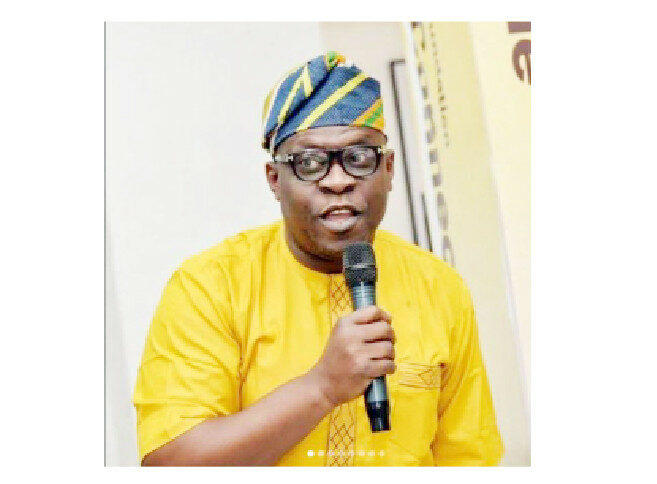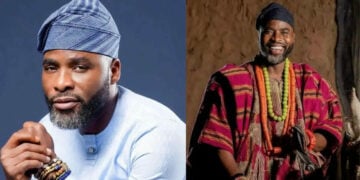Government officials have said the monies or funds allocated by the government to the creative industry are not auditory (fake) monies, rather real money.
The officials, the Executive Director, NFVCB, Mr Shaibu Husseini, Lagos State Government Official, Mr Gboyega, and Senior Special Assistant to the President, Mr Tope Ajayi made the argument at the just concluded QED NG Powerhouse Summit held in Lagos, to disabuse the public of the idea that such monies (loans and grants) are solely on paper, and unreal.
From the previous presidential administration to the present one, funds like i-DICE – a $600m funds for the digital and creative industry, funded by AfDB, French International Development Agency (AFDP), Islamic Development Bank (IDB) and Board of Industry (BOI); to the $100m fund by the AfriExim Bank, and the Creative Economy Development Fund (CEDF) have been allocated to the creative industry.
Creatives, however, have been hard put to identify anyone who has benefitted from such funds in the industry. Thus, are inclined to believe that they exist only on paper.
But the officials have urged them to not be too quick to dismiss government funding for two reasons – first, the processing of such funds is slow when they are multi-lateral and development inclined, and that appropriated funds are locked funds that only the smart ones can access.
“Anything appropriated by government, means that the money is locked somewhere,” Gboyega. Gboyega who claimed that a number of creative events – from Yoruba to English Nollywood, the music industry, even Detty December had some government fund involved, said the creative beneficiaries of government funds do not publicize it.
“These monies pledged by different organizations like AfriExim Bank, federal government and AfDB are real. But it is only the smart ones that access them. Unfortunately, these people will not tell the world they collected money from state governments, and government does not communicate enough to the public.”
To easier increased access to government funds, Gboyega recommended creatives collaboration rather than individual approach.
“Learn to work with others. You can say, “let me work with this guy who is a creative and has the ideas, while I, savvy in accessing public funding can source the funds from industry.”
On his part, Ajayi noted that while the i-DICE fund is slow progress has been to bring it in-country, and assured of its disbursement by the first quarter of 2026.
“Federal government has assigned a sovereign guarantee to ensure that the fund get in-country. Currently, the AfDB Board of Governors has approved ten projects for the fund, which are awaiting a ‘No Objection’ from the bank.
“These things take time, but they are no audio money. from the first quarter of 2026, you will begin to see the money. it is those who are prepared for the opportunity that will be able to access it. “
Emphasizing the importance of differentiating the specificities of government funds, Husseini stressed that fund like the CEDF while having a grant component, is largely a loan dedicated to the establishment of production and distribution infrastructure for the creative industry.
“The grant aspect of the fund is just 20 percent. 80 percent of the fund will go into building a production and distribution infrastructure, which we have a problem around in Nigeria. The fund is for the provision of infrastructure that will aid the industry. it is not audio money.”
In a separate development, National Video and Film Censors Board (NFVCB) has commended the Minister of Arts, Culture, Tourism and Creative Economy, Hon Hannatu Musawa, on clinching the board its first permanent headquarters.
Husseini noted that it was the minister’s recommendations and support that led to the EFCC allocating a property (building) confiscated in 2017 to the board.
The building, he said, holds enough space to host a museum, within the headquarters, that will showcase Nigeria’s rich cultural heritage.
He also urged for the minister’s support in the renovation of the building.
“We are happy because after 28 years, we have finally acquired our own property under your watch. We also have enough space for the museum that we have always yearned for. We pledge our loyalty, support and commitment to work as directed, and in line with our statutory obligations,” conclude the ED.





